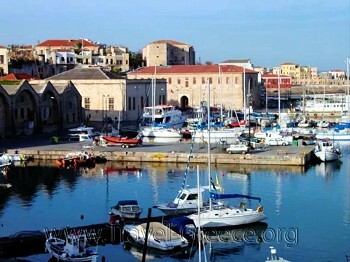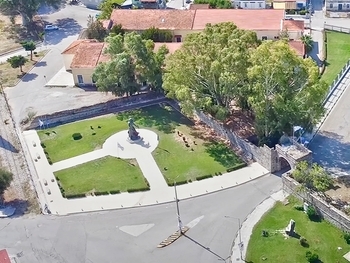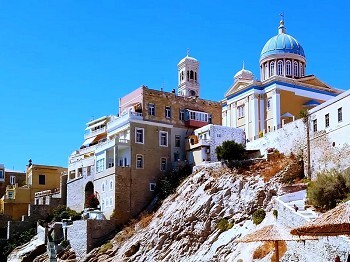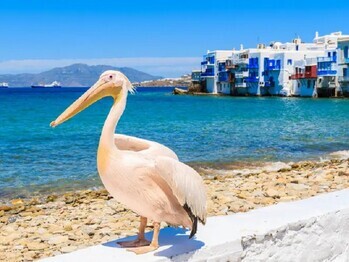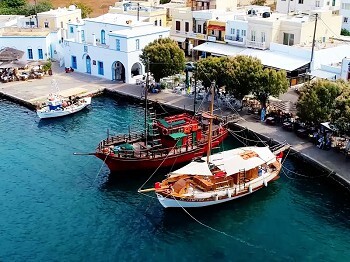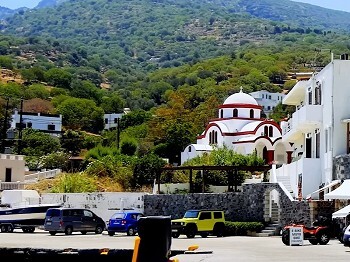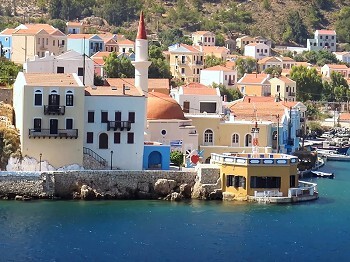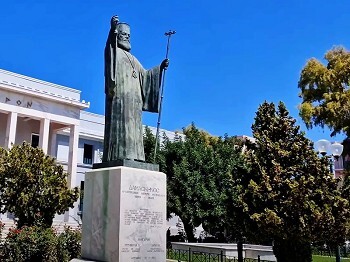Currency and Payment Methods

Greece uses the Euro as its official currency. While credit cards are commonly accepted in major cities and tourist hotspots, it’s prudent to carry some cash for smaller businesses or rural areas where card usage might be less prevalent. ATMs are easily accessible, allowing you to withdraw euros as needed. Keep an eye on currency exchange rates and ATM fees, and notify your bank about your travel plans to prevent any card issues.
Language

The official language in Greece is Greek, but English is widely spoken, particularly in tourist regions. Picking up a few basic Greek phrases can be beneficial and is often appreciated by the locals. Simple greetings like "Kalimera" (good morning), "Efharisto" (thank you), and "Parakalo" (please) can help you build a friendly rapport with residents.
Weather and Season
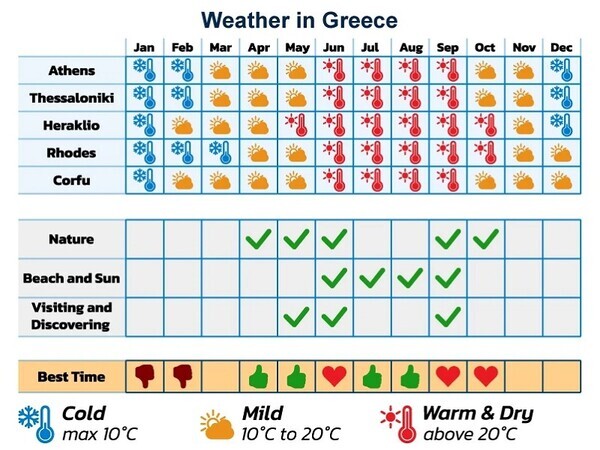
Greece experiences a Mediterranean climate characterized by hot, dry summers and mild, wet winters. The ideal times to visit are during the spring (April to June) and autumn (September to October) when the weather is pleasant and the crowds are smaller. For those who enjoy the heat and beach activities, the summer months (June to August) are perfect, though temperatures can be extremely high in certain areas.
Local Cuisine
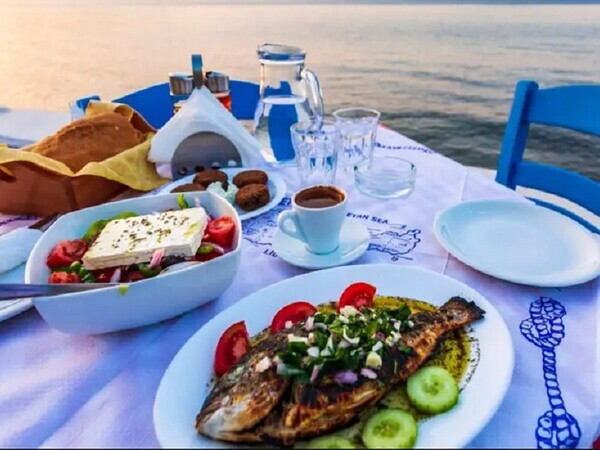
Sampling traditional Greek dishes is a must. Delight in Moussaka, Souvlaki, Gyros, and the famous Greek salad. Don't miss out on local specialties like fresh seafood, olives, feta cheese, and the sweet treat, baklava. Dining in Greece is a social affair, so immerse yourself in the local culture by sharing Mezze (small plates) and enjoying extended, leisurely meals with loved ones.
Tipping Etiquette

In Greece, tipping is a common practice, particularly in restaurants, cafes, and for services such as taxis and tour guides. A tip of 10-15% is seen as generous. While tipping isn't obligatory, it’s a thoughtful way to express gratitude for excellent service. Often, simply rounding up the bill is a welcomed gesture.
Respect Local Customs
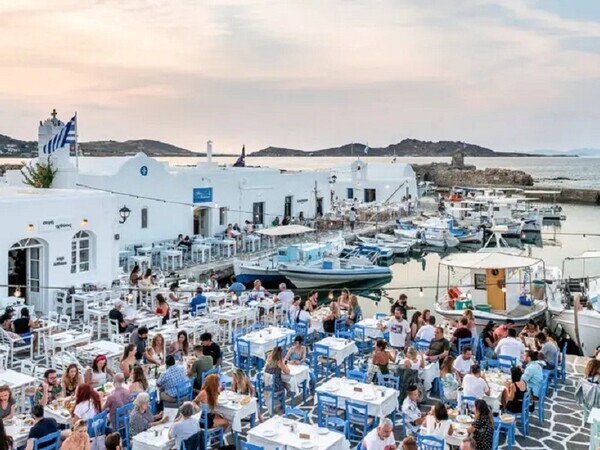
Greece’s deep-rooted cultural heritage is closely linked with Orthodox Christianity. When visiting religious sites like churches or monasteries, modest attire is required. Visitors should cover their shoulders and knees. It’s also courteous to seek permission before taking photographs, and note that in some instances, photography may be restricted inside religious buildings.
Transportation
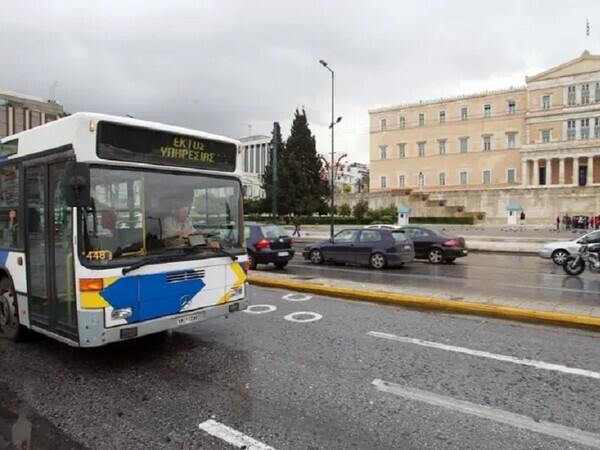
Navigating Greece is relatively easy, thanks to a variety of transportation options. The country boasts a comprehensive ferry network, ideal for island-hopping adventures. The mainland and larger islands have efficient bus services, while Athens and Thessaloniki offer metro systems. Renting a car provides the flexibility to explore less frequented spots, though be prepared for narrow, winding roads in some regions.
